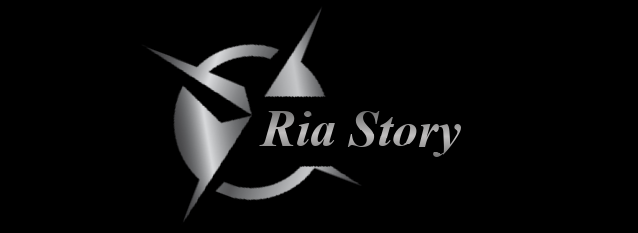Choices yesterday define today. We can’t change decisions made in the past. We can’t change the consequences of those decisions. We can only reflect on the outcome and learn from the mistake, so we don’t repeat it.
Several years ago, I was responsible for the hiring decisions where I worked. Finding a qualified employee who required little or no training was always a challenge. The company used a temp agency for staffing, a temp-to-hire model. The agency would send over candidates after screening them, and I would make the final decision. The front desk receptionist position was open. Of course, we needed someone immediately to answer phones, make appointments and check-in patients.
There were two candidates sent over. One didn’t have the required computer skills, which left me with a young lady I will call Janet. Janet didn’t have a strong resume with the required skills, but she had some basic computer experience. She seemed to be very easygoing and good-natured. I didn’t carefully consider how her personality would fit with a fast paced front desk job.
She volunteered during the interview that she desperately needed the job as her only other job offer was working night shift. She needed the daytime schedule to attend school at night. Deep down, I knew I should interview more applicants. Outside my office, I could hear the phones ringing and ringing while the other employees tried to answer them, cover the front desk, and do their own jobs too.
“The secret to your success isn’t what you learn. It’s what you apply.” ~John C. Maxwell
I made a choice I would later regret. “Ok Janet, you start tomorrow.” She accepted the offer, declined her other job offer, and showed up for work the very next day. By the end of the week, I knew I had made a mistake. Janet had a great attitude. She was positive, willing to learn, and cheerful. Right up until 9:00am when the office opened and we turned the phones on, she was smiling and cheerful. The problem was that she couldn’t handle the pressure of answering a non-stop ringing phone, checking-in patients, and getting the necessary paperwork completed accurately. She could do any of those things, but not at the same time or at the pace we needed in a busy office.
Mistakes were costly in that environment. Failing to check-in a patient when they showed up meant that the overlooked patient could sit for hours waiting for their name to be called. If their chart never got handed to the nurse, they wouldn’t be called back. Worse still, making an appointment for the wrong patient meant that the wrong chart was pulled, risking a mistaken identity mix-up.
Within three weeks, I knew I had to terminate her. Regretfully, I let her go. I was back in the same situation with no receptionist, ringing phones, and no one to check in patients. I had cost myself the time spent training an employee that I had to terminate and the expense of searching for, hiring, and selecting another candidate. I had also wasted three weeks of Janet’s time.
Reflecting on choices that we make poorly can be difficult. No one wants to dwell on the lessons of the past, but they can be the best lessons. I learned to screen job applicants more carefully with consideration to the position. While Janet wasn’t the last person I hired who wasn’t the best fit, I did a much better job in the future.
Leaders can’t afford to do nothing due to fear of making a mistake. We all make mistakes. But, when we make a mistake, we must learn from it and then apply the lesson to avoid making the same mistake in the future. As Theodore Roosevelt said:
“It is not the critic who counts, nor the man who points out how the strong man stumbled, or where the doer of deed could have done them better. The credit belongs to the man who is actually in the arena; whose face is marred by dust and sweat and blood; who strives valiantly; who errs and comes short again and again; who knows the great enthusiasms, the great devotions, and spends himself in a worthy cause; who, at best, knows in the end the triumph of high achievement; and who, at the worst, if he fails, at least fails while daring greatly, so that his place shall never be with those cold and timid souls who know neither victory nor defeat.”
